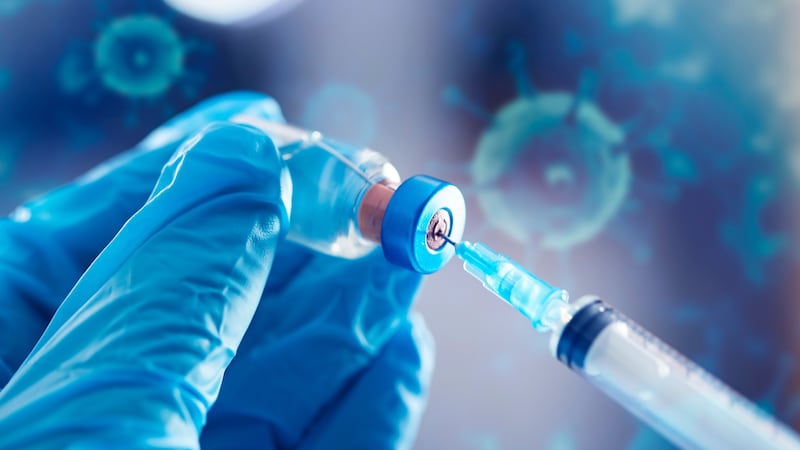WASHINGTON — The U.S. Centers for Disease Control and Prevention (CDC) is warning of a Salmonella outbreak linked to several brands of eggs sold in nine states, including Washington.
Seventy-nine people in seven states have contracted Salmonella linked to the same outbreak strain found in the eggs, the CDC says.
The August Egg Company, based in Hilmar, California, has issued a recall of 1,700,000 dozen eggs sold at Walmart locations in Washington, according to the CDC.
In a release, the CDC says twenty-one people have been hospitalized with Salmonella, and no deaths have been reported.
The eggs were sold to retailers and restaurants in Arizona, California, Illinois, Indiana, Nebraska, New Mexico, Nevada, Washington, and Wyoming, the CDC says.
The shell eggs were distributed from February 3 through May 6, with sell-by dates from March 4 to June 19, according to the Food and Drug Administration (FDA).
In a release, the FDA says brands sold include:
- Clover Organic Large Brown Eggs
- O Organics Large Brown Eggs
- Marketside Organic Large Cage Free Brown Eggs
- Raley’s Organic Large Cage Free Brown Eggs
- Simple Truth Medium & Large Brown Cage Free Eggs
- Sun Harvest Organic Cage Free Large Brown Eggs
- Sunnyside Large Brown Cage Free Eggs
The eggs sold were distributed in fiber or plastic cartons with the plant code number P-6562 or CA5330.
The CDC advises what you should do if you have a carton of recalled eggs in your home or business:
What You Should Do:
- Do not eat any recalled eggs. Throw them away or return them to where you bought them.
- Wash items and surfaces that may have touched the recalled eggs using hot soapy water or a dishwasher.
- Call your healthcare provider if you have any severe Salmonella symptoms.
What Businesses Should Do:
- Do not sell or serve recalled eggs.
- Wash and sanitize items and surfaces that may have come in contact with recalled eggs.
About Salmonella:
- Most people infected with Salmonella develop diarrhea, fever, and stomach cramps 6 hours to 6 days after being exposed to the bacteria.
- The illness usually lasts 4 to 7 days, and most people recover without treatment.
- In some people, the illness may be so severe that the patient is hospitalized.
- Children younger than 5, adults 65 and older, and people with weakened immune systems are more likely to have severe illness.
For more information, visit FDA.gov.
©2025 Cox Media Group





